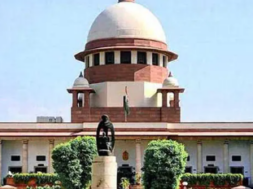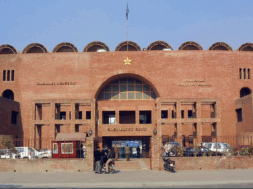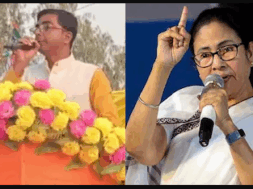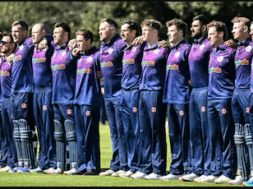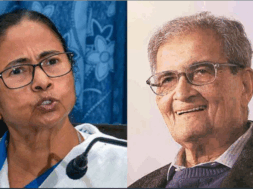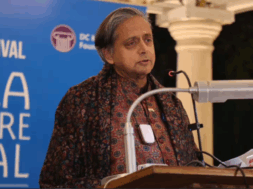
NEW DELHI, Oct 6: The Supreme Court on Friday refused to stay the Bihar government from publishing the data of the caste-based survey.
The Bihar government had earlier this week published data revealing that the Other Backward Classes (OBCs) and the Extremely Backward Classes (EBCs) between them constitute 63% of the State’s population, of which the EBCs constituted 36% while the OBCs stood at 27.13%.
A Bench headed by Justice Sanjiv Khanna refused to be bothered by the fact that the State had released the data when petitions challenging the legality of the caste-based survey was pending before the Supreme Court.
“You cannot stop a State government or any government from taking a decision… Yes, if there is an issue with regard to the data, that will be considered,” Justice Khanna addressed the petitioners. The Bench posted the case for next hearing in January 2024, while issuing notice to the State to file its response to the petitions.
“The main issue here is that the data was collected unlawfully and cannot be acted upon,” advocate Aparajita Singh, who led the petitioners’ side, argued. “You will be in some difficulty on that… we have read the Patna High Court judgment [which upheld the survey] and made a prima facie view. The High Court judgment is fairly detailed,” Justice Khanna observed.
Justice Khanna said the cardinal issue was “how much breakdown of data would be made available to the general public for the sake of transparency.” The court further dismissed the notion that the compilation and publication of data affects privacy. “Privacy is not an issue as names, etc, are not published,” Justice Khanna orally remarked.
Ms Singh persisted that the court should order status quo as the State would publish more data by the next hearing in January. “We are not staying this at the moment,” Justice Khanna replied, though at one point asking senior advocate Shyam Diwan, who represented the Bihar government, why the State had published the data when the case was still pending.
Mr Diwan told the court that the petitions were at a pre-admission stage when the court was still deciding whether or not to issue formal notice. He said the data received was extensive and voluntary from the people, and needed to be analysed in detail to help identify welfare areas. Earlier, the Supreme Court had refused to stay the uploading of data collected in the caste-based survey. The Bihar government had argued that the exercise was a “social survey.” The Patna High Court, on August 1, had upheld the legality of the survey.
The petitioners had argued that Bihar had no authority to conduct such a survey, which was an attempt to usurp the powers of the Centre. They contended the survey had violated Schedule VII of the Constitution, the Census Act, 1948 and the Census Rules, 1990. The petitions highlighted that census was enumerated at Entry 69 in the Union List in the Seventh Schedule of the Constitution. The pleas argued that the survey notification in June 2022 was ultra vires the Section 3, 4, and 4A of the Census Act, 1948 as well as Rules 3, 4 and 6A of the Census Rules, 1990.
The Union government had maintained that only the Centre and “no other body” was entitled to conduct “either census or any action akin to census” in its reply to the Supreme Court on the Bihar government’s caste-based survey. “Census is a statutory process and is governed by the Census Act, 1948. The subject of census is covered in the Union List under Entry 69 in the Seventh Schedule of the Constitution,” the Office of the Registrar General, Home Ministry, had said in a two-page affidavit recently.
(Manas Dasgupta)
